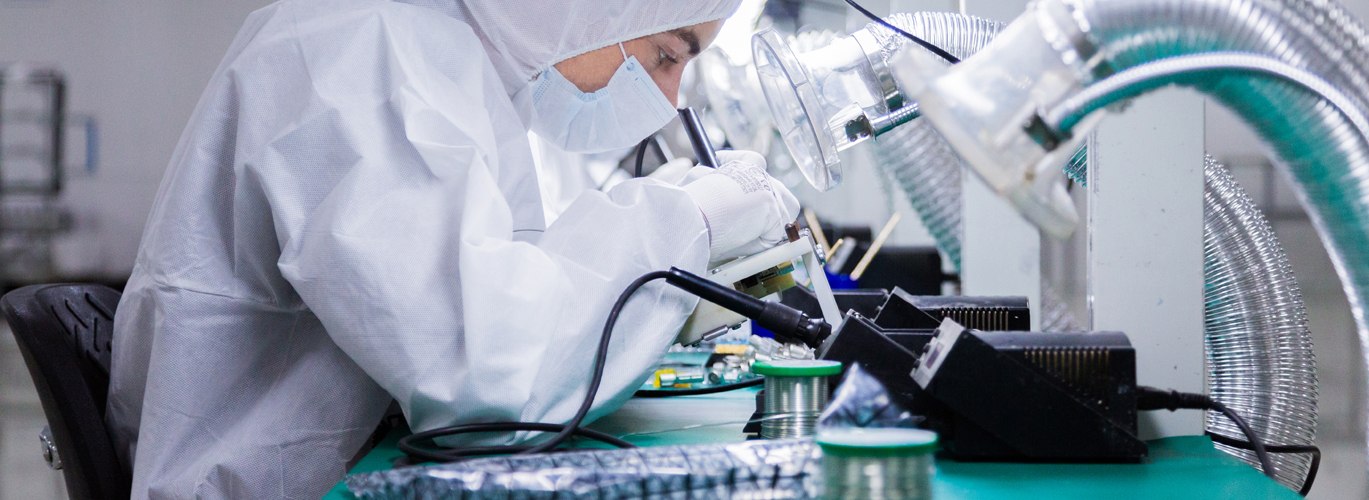India is progressively on a path to reach a $5 Trillion economy with sustainable growth, as conveyed recently by IMF in its report. ‘Reform, Perform and Transform’- was a mantra delivered by the Prime Minister which is an appropriate summary of what has to be done in the ESDM space in India. The taunt is to plug into the global supply chains while skilling and establishing fab facilities in the country is a work in progress.
Moving on to when India can be a global hub for semiconductor manufacturing, he said India will advance to chip designing capital for the world soon. “Today in India we have close to 55,000 design semiconductor engineers working for various companies. And as part of our semiconductor program, we have brought out a design-led scheme where the engineers who want to try out their luck in designing semiconductor chips, can come out and use common facilities which are getting developed at C-DAC unit in Pune and start up their venture. If they succeed or do not succeed, there is a great ecosystem already there. So I can confidently say that within the next five to six years, we will become a great semiconductor design capital of the world. We will use that capability to feed into our semiconductor manufacturing also.”
By ‘India Semiconductor Mission’ (ISM), the central government wants to increase the utilisation of secure microelectronics and the installation of a dependable semiconductor supply chain, which includes raw materials, gases,speciality chemicals, and production equipment.
It also has to encourage and facilitate indigenous Intellectual Property (IP) generation, promote, allow and incentivise the Transfer of Technologies (ToT), and collaborations with national and international organisations to catalyse research, commercialisation and skill development.
As a result, for international collaborations, reports says that India and Taiwan have been in talks to develop a semiconductor manufacturing hub in India. It is globally known that Taiwan has the world’s largest semiconductor company TSMC or Taiwan Semiconductor Manufacturing Company.
Chips may be the new buzz, but global supply chains are the support of this ecosystem. Global semiconductor manufacturing includes three pillars: equipment, materials and services. This trio naturally powers the global chip ecosystem. Equipment includes precision equipment for manufacturing in fab facilities/foundries to include Assembly, Testing, Marking and Packing (ATMPs) /Outsourced Semiconductor Assembly and Test (OSATs). Materials include chemicals, minerals and gases, in which all are important to manufacturing. And services indicate the complete value chain of logistics, packaging and distribution.
When manufacturing is capital and talent intensive, it is currently restricted to a small set of global players along with the materials. This ‘Materials Market’ fundamentally uses over 150 varieties of chemicals and over 30 variations of gases and minerals, making it crucial to the whole method chain for any established or striving semiconductor entity.
India’s desire to become a global semiconductor manufacturing hub is never a new concept. In 2005, the country attempted to attract semiconductor manufacturing giants to set a stamp in India; but somehow, unfavourable business conditions and bureaucratic hurdles drove them away.






